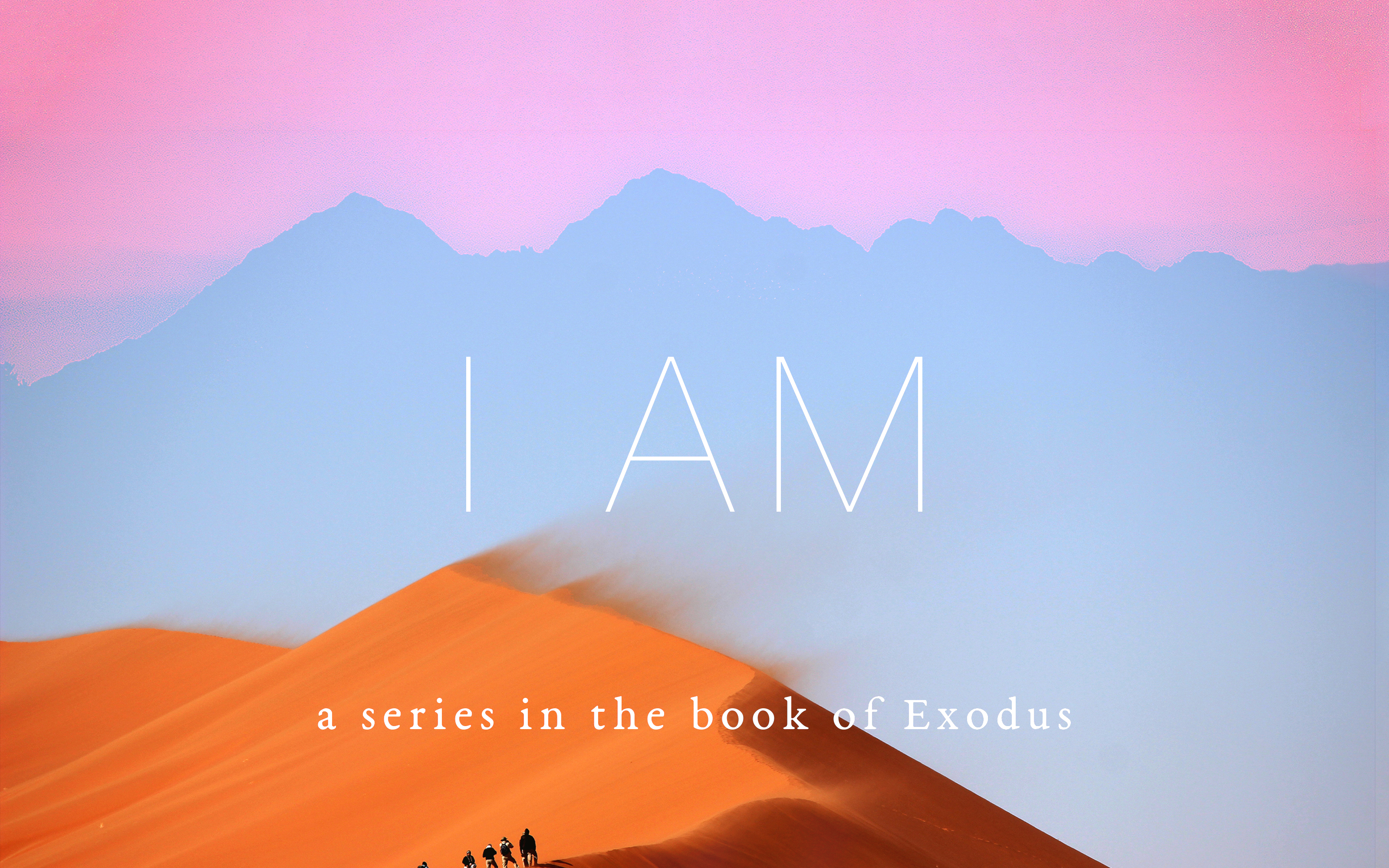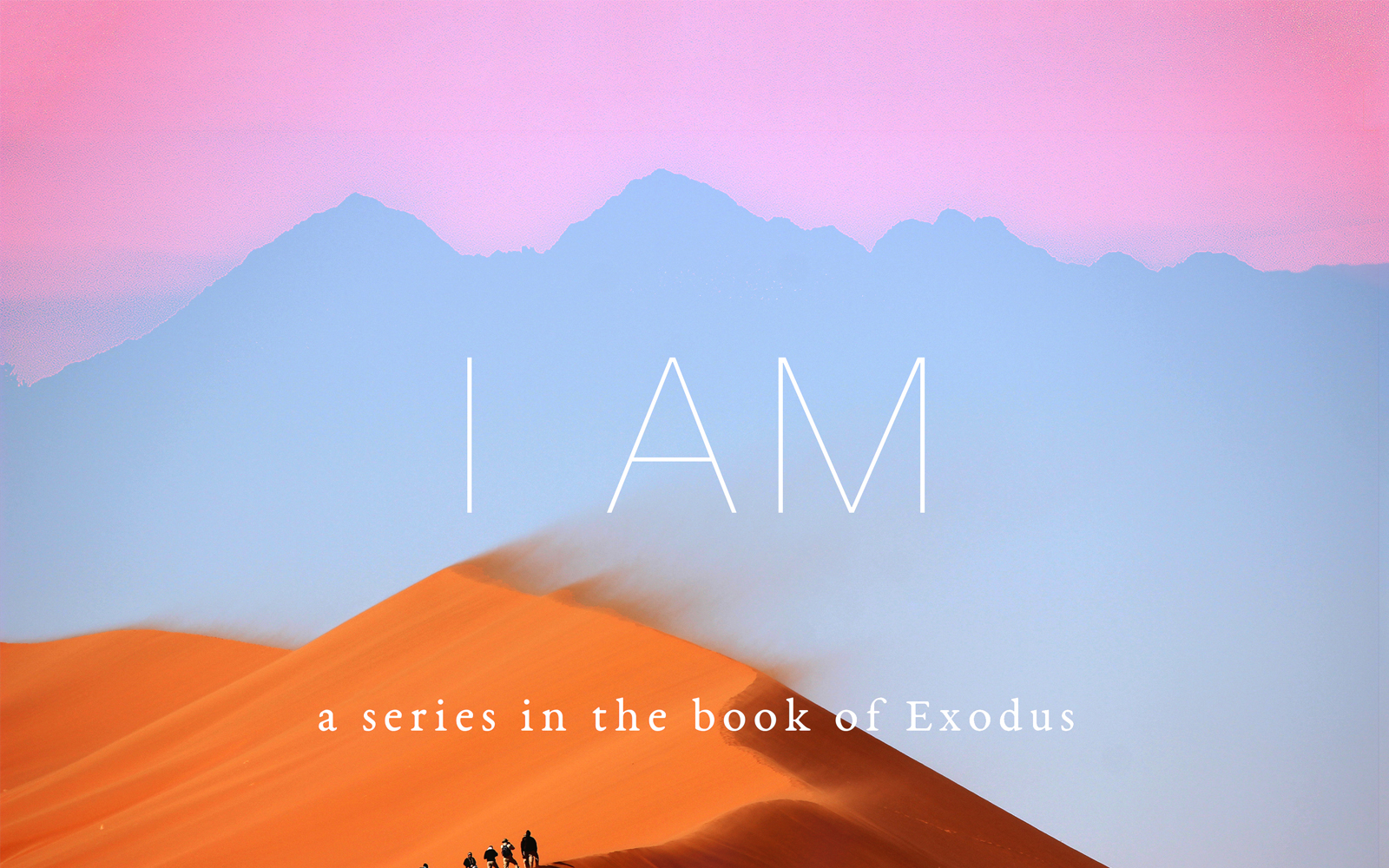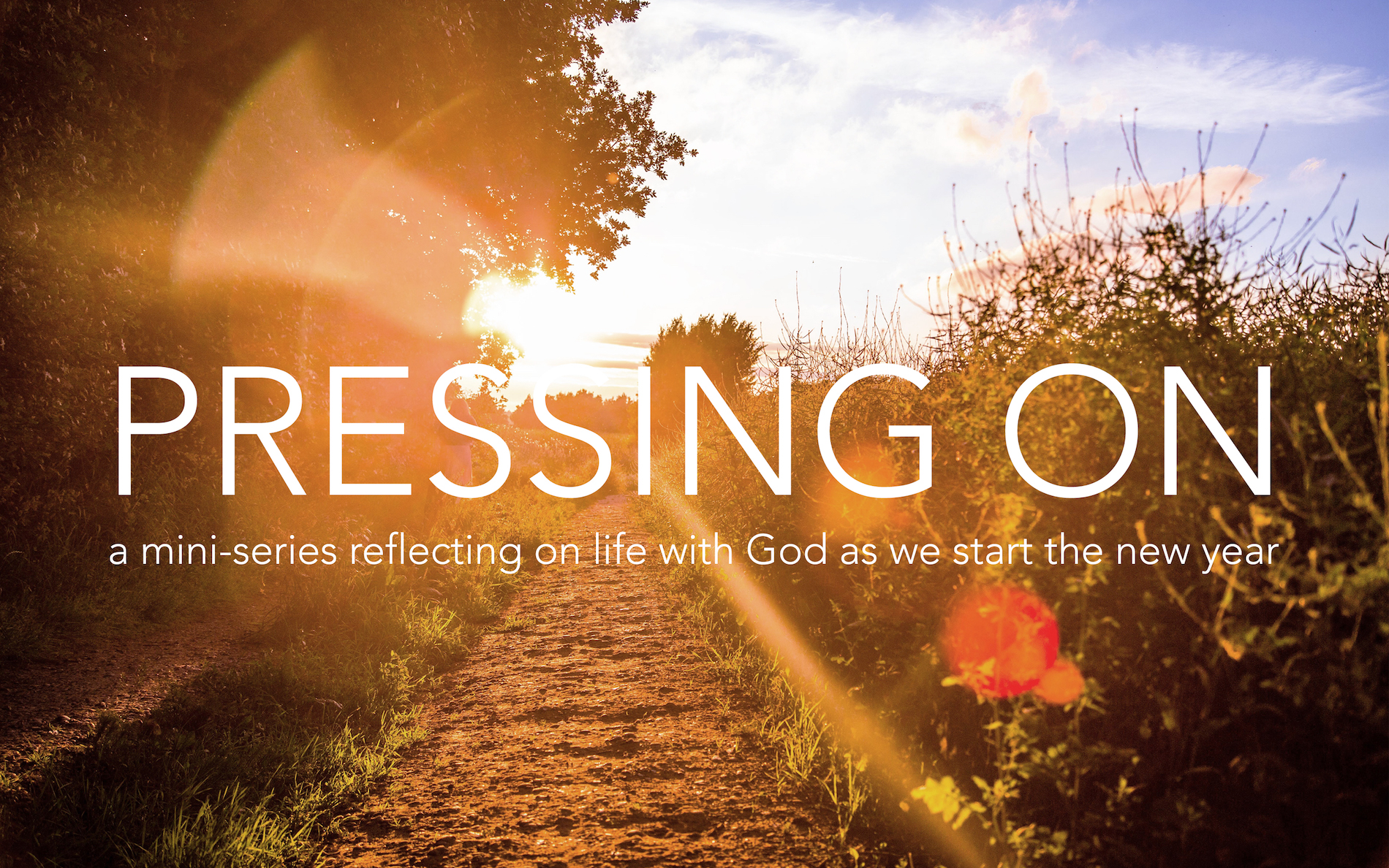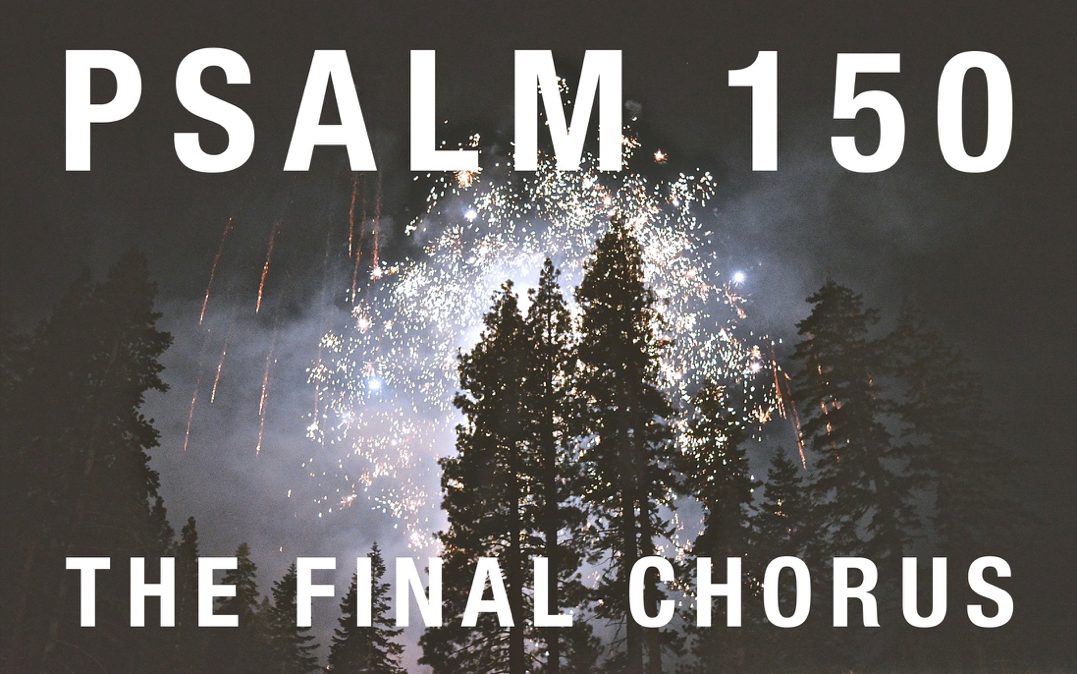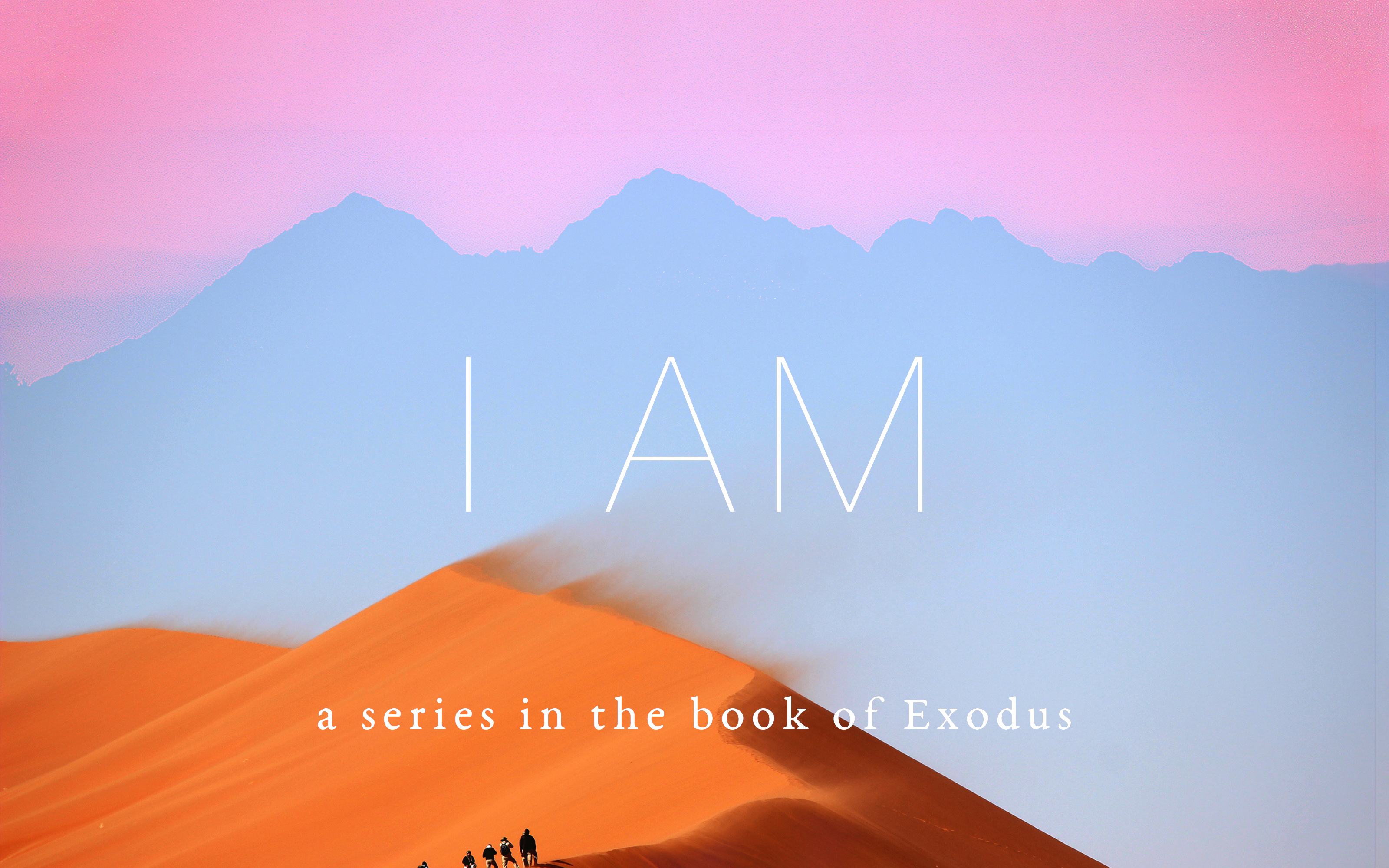
The Red Sea is the first time in the storyline of the Bible where God talks about getting glory, and it’s a paradigm for salvation in the rest of the Old Testament. And we can see so much of God’s grace and power in it. In this one scene, God is both creating a people and destroying a people, in a great image of re-creation and un-creation through the water.
Podcast: Play in new window | Download
Subscribe: Google Podcasts | RSS

